Child abuse reporting bill faces Catholic opposition in Washington
News Story by Cassy Benefield | FāVS News
Washington lawmakers have introduced legislation that would require clergy to report suspected child abuse and neglect, removing traditional protections for confidential pastoral conversations. The proposal has deeply divided religious communities across the state.
One of the louder voices against these proposed bills comes from Bishop Thomas Daly of the Catholic Diocese of Spokane. Two emails were sent out on his behalf on Monday (Feb. 3) — one to the Diocese’s priests and the other to the “faithful of eastern Washington.”
He wrote to the parishioners that the bills “seek to force priests to violate the Seal of Confession if child abuse is revealed within the celebration of the sacrament.” He asked both groups to contact their state representatives and ask them to “respectfully vote against the measure.” He requested in the priests’ email that they spread the word in their congregations.
He used his email to lay people to reiterate his statement about a past bill (SB 5240), which proposed the same law changes.
“I want to assure you that your shepherds, bishop and priests, are committed to keeping the seal of confession — even to the point of going to jail,” Daly wrote. “The Sacrament of Penance is sacred and will remain that way in the Diocese of Spokane.”
At 1:30 p.m. Tuesday (Feb. 4), Washington House Bill 1211, introduced by Rep. Amy Walen, D-Kirkland, will get its public hearing in Olympia. Its sister bill, Senate Bill 5375, introduced by Sen. Noel Frame, D-Seattle, who is a sexual abuse survivor, got its public hearing last week (Jan. 28). It will go to an executive session to move it to full debate on Feb. 5.
As of May 2023, Washington remains the only state that grants clergy-penitent privilege limited to pastoral communication, and, at the same time, not include clergy in its long list of mandatory reporters. To date, it remains one of five states and the District of Columbia to not list clergy as mandatory reporters.
Clergy-penitent privilege laws in all U.S. states and territories
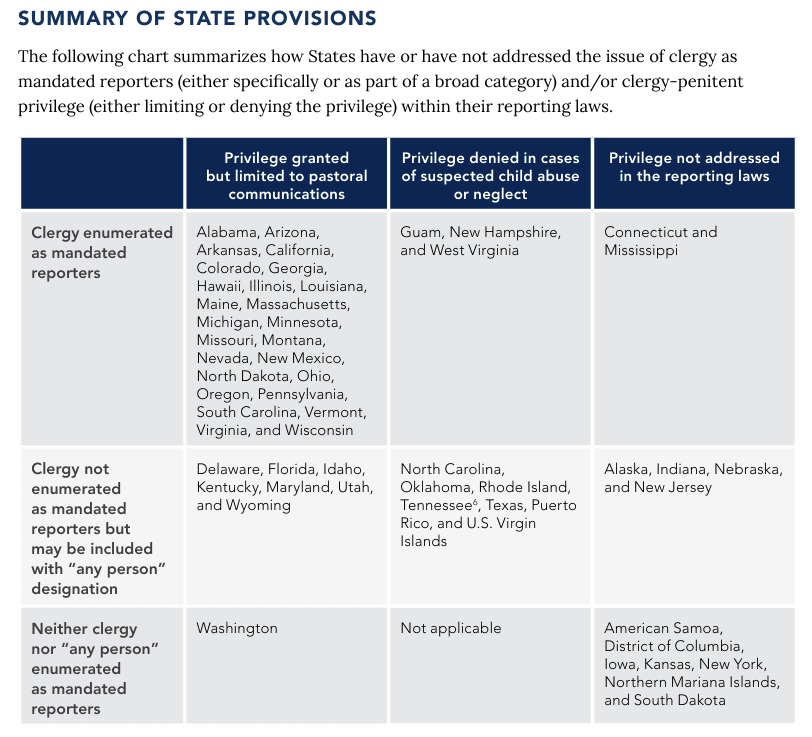
SOURCE: Child Welfare Information Gateway. (May 2023). Clergy as mandatory reporters of child abuse and neglect. U.S. Department of Health and Human Services, Administration for Children and Families, Children’s Bureau.
The founders of the Catholic Accountability Project (CAP) — a Washington initiative of Ending Clergy Abuse aimed at ending church structures that allow for abuse to thrive — said they do not understand how the Catholic Church believes what’s said in confessional is more important than the safety of children.
“Through their actions, church leaders have demonstrated that they care more about protecting the souls for perpetrators than saving the souls of innocent children,” said Sharon Huling, one of CAP’s co-founders and a practicing Catholic.
She went on to say that the Catholic church will excommunicate a good priest for reporting credible child abuse and yet excommunicate “very few pedofile priests,” historically moving them to another location to continue their abuse or removing their ability to say Mass.
Jean Welch Hill, executive director of Washington State Catholic Conference, the church’s public policy and advocacy arm in the state, sees the issue differently, showing another way priests can report.
Despite the proposed bills offering clergy anonymity reporting child abuse or neglect within pastoral communications like confession, Hill said for the Catholic church the importance of not reporting what is said in the confessional remains Canon law and prohibits a priest from revealing what is said, “no exceptions.”
“That does not mean that the confession is the end of the story,” Hill said. “A priest who hears from a penitent that they are abusing a child may tell the person that part of their reconciliation would be to self-report to law enforcement.”
She added that priests can also encourage the person to discuss the matter with them outside the confessional.
“Once outside the confessional context, the priest is a mandatory reporter already under diocesan policy in all three Washington state dioceses,” she said.
The Rev. Jason Jones, pastor of Country Homes Christian Church (Disciples of Christ), empathizes with his “Roman Catholic sisters and brothers” and their belief that the confessional is sanctified, holy, and a priest’s sacred duty. However, he thinks the safety of children should be the greater concern.
“We should be clear as faith communities that we won’t allow abuse to continue under our watch,” Jones said. “I’m a pastor because church was a safe place for me as a young person. I felt loved, affirmed and welcomed during my teen years when I was at church, and I want that to be true for every child who comes through our doors.”
In the email to his parishisnors, Daly said the Diocese of Spokane wanted the same. He explained the Chancery runs the Office of Child and Youth protection staffed by professional laypeople.
“We have a zero-tolerance policy regarding child sexual abuse,” he wrote in the email. “Our goal is do everything within our power to keep your children safe while we attempt to lead them to know and love Jesus Christ who commanded, ‘let the children come to me and do not hinder them.'”
The co-founders of CAP still think more needs to be done. They shared their why’s behind their involvement in advocating for bills like HB 1211 and SB 5375 in a video on their website.
Near the end of the video, Huling was asked what she would say to Archbishop Paul Etienne, who leads the Archdiocese of Seattle, about this issue.
“What would I say to Archbishop Etienne as a grandmother and a mother?” she said. “As a Catholic and a woman of faith, I would say, ‘What would Jesus do? What would Jesus do?’”
Help us write more stories like this. Please consider becoming a recurring donor today.





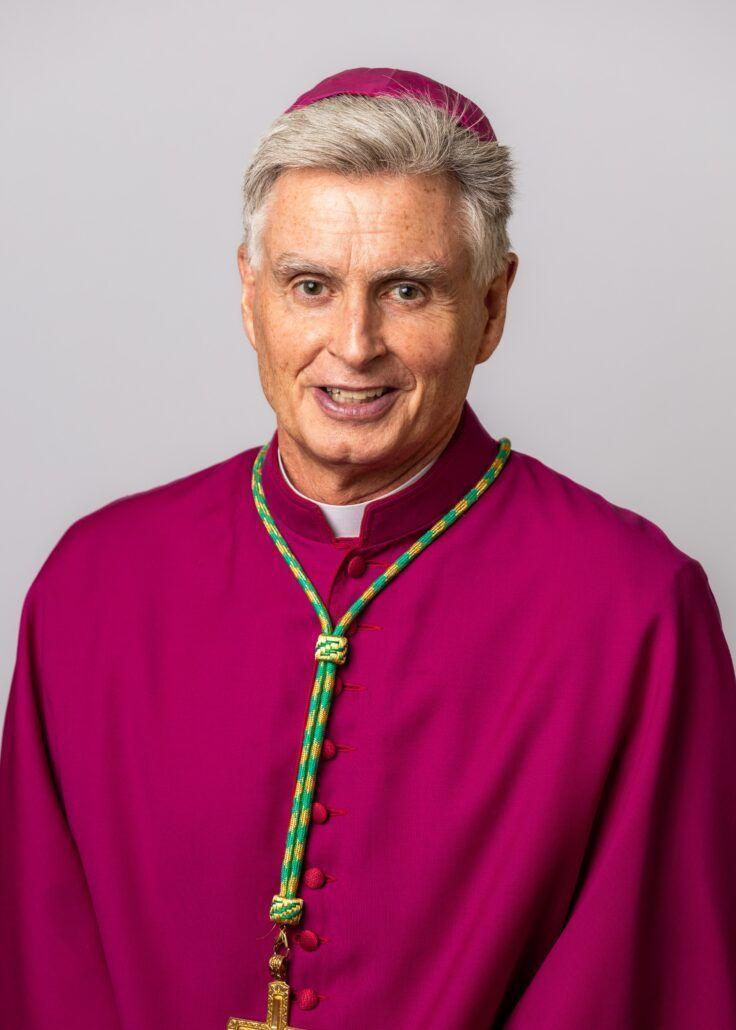
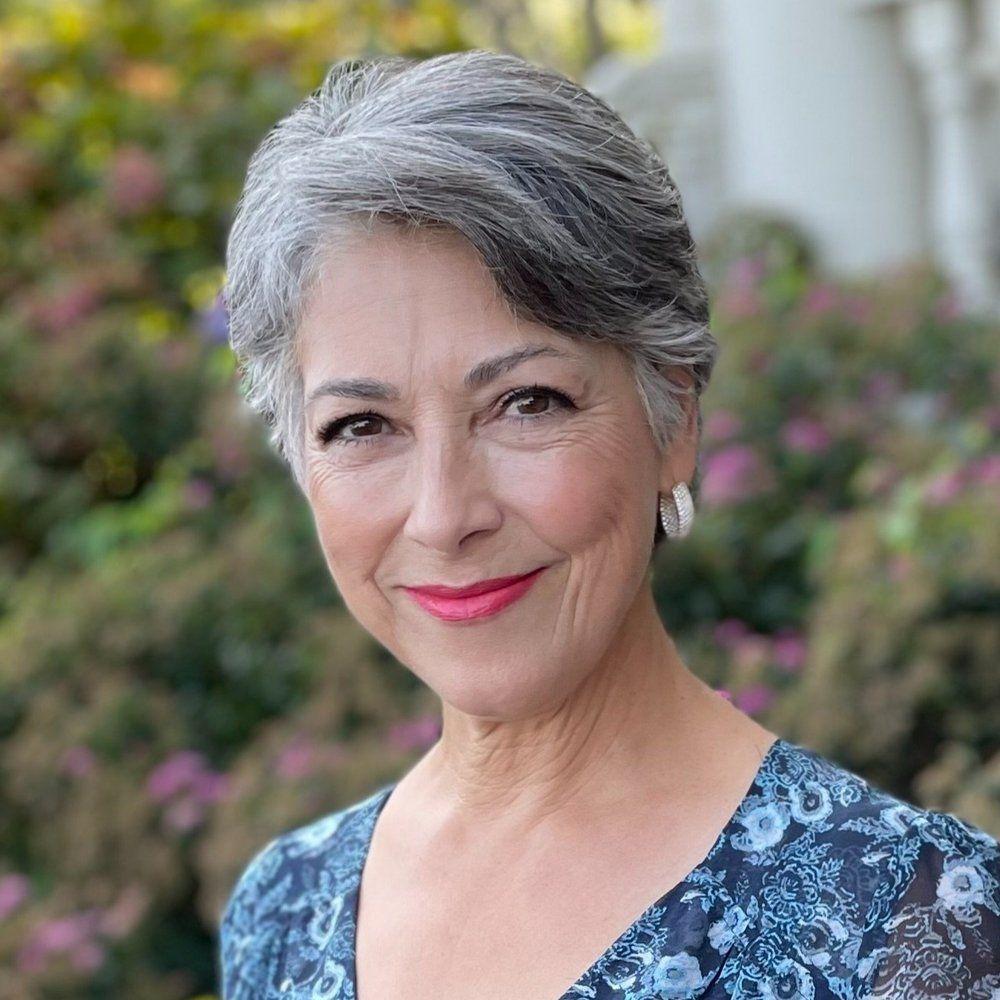
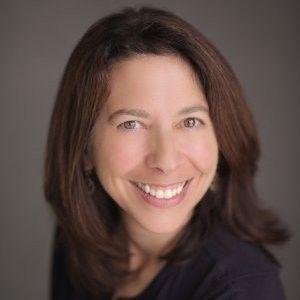
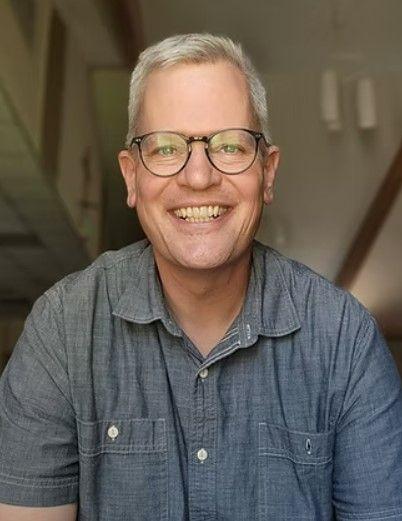




I contacted our legislators and senator to urge the protection of children and ensure access to civil justice for victims. Religions should care about justice, too. If a religious doctrine or canon produces injustice, is it worthy of obedience? When secular laws out-moral the canon, is it worthy of adherence? It’s honestly painful to see the hills that doctrines die on.
To be fair, the Latter Day Saints (LDS) church actively funds the fight for religious secrecy, too. Both the Catholic and LDS churches have the funds to litigate forever. Some would say due to their nonprofit status — which is disturbing as it looks like a bite to the hand that sustains. Tax breaks that lead to taxed spending against justice in our civil courts are never a good look for a religious institution.
I didn’t add this to the story, but CAP co-founders did mention this is not just a Catholic issue. They have ex-elder Jehovah’s Witnesses and Rabbis and others supporting their mission as well. And they, too, mentioned The Church of Jesus Christ of Latter-day Saints. And as we’ve reported, independent fundamental Baptist churches are rife with this issue as well. (A follow up piece is coming on that soon!) The arguement is, this hiding is built into clergy-penitent privilege laws across several states, and not just in WA. Our state does stand out though, as you can see in the above chart with its law technicalities. For this article, we did just concentrate on the Catholic response. Thanks, as ever, Janet, for your erudite and insightful comments!
Thank you for keeping the readership updated and informed about the legislation and differing views/positions.
The Seal of the Sacrament of Penance cannot and must not be broken in this sacred rite. Holy priest like Bl. John Sarkander have been and are still willing to be totured and die than betray their penitents.
Confession is analogous to the privilege between a defendent and his attorney (defense attorneys are not a mandatory reporters btw). If in America, we are granted secrecy with our legal counsel so that we can protect our freedom, then we should also be granted secrecy with our religious counsel so that we can protect our very souls.
Confession exists so that anyone, if he genuinely repents, can be forgiven of his sins no matter how heinous they may be. If the Church is accused of hiding abusers because of this narrow confidentiality privilege, then we can say that law firms are guilty of hiding abusers when they don’t turn in every client suspected of past abuse who confides in an attorney.
It is also important to know that the nature of the Sacrament is not a criminal admitting his wrongs to an attorney, but of a supernatural Grace between a creature and his Creator. The Church has affirmed in Apostolic Penitentiary, “The priest comes to know of the sins of the penitent ‘non ut homo sed ut Deus’—not as a man, but as God—to the point that he simply ‘does not know’ what was said in the confessional because he did not listen as a man, but precisely in the name of God.”
You can learn more about the Sacrament here.
You can learn more about the Seal of Confession here.
I have to support the diocese here. Everyone these days is a mandated reporter and if an abuser needs *someone* to talk to, there is no one because everyone – and I mean everyone – is mandated to turn that person in. A priest is the only safe person out there.
Thank you for commenting. You make a good point. Some may counter that with this still puts the abuser’s needs above the abused. They may ask, why can’t the abuser talk to the priest after caught for the crime of their abuse? And, really, not everyone within the law technically is a mandated reporter. Even so, some might push back and say, so what? Whose needs, rights and lives are more important in this scenerio? Is that even something faith leaders should weigh? Should everyone be on the same level before their priest/faith leader? If so, does a crime shift responsibility and how to proceed? It’s an interesting dilema. But you do bring up a fair point against these kinds of arguments.